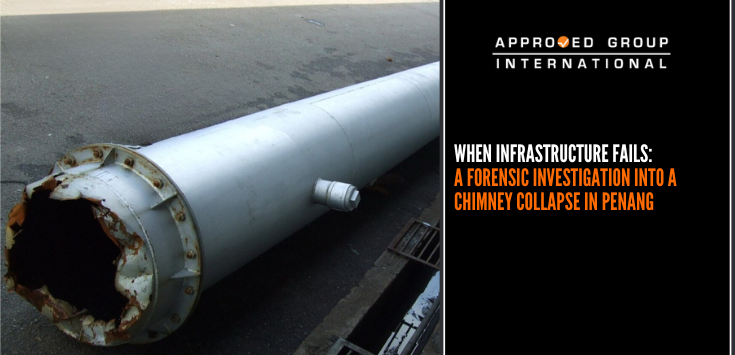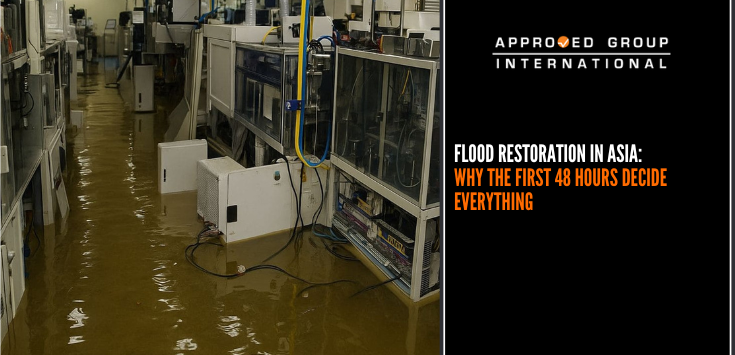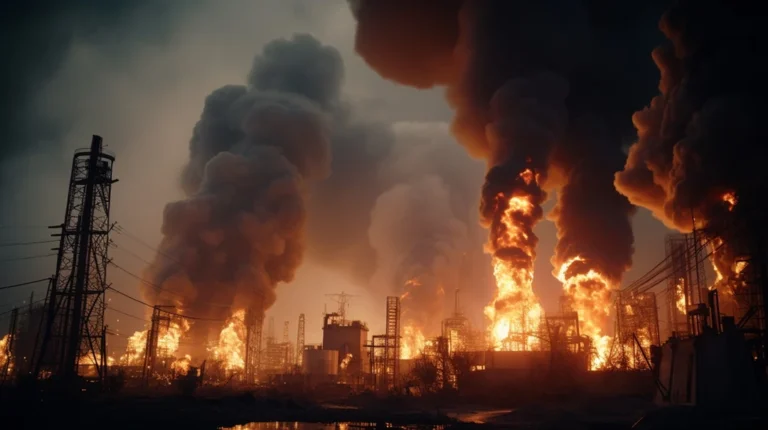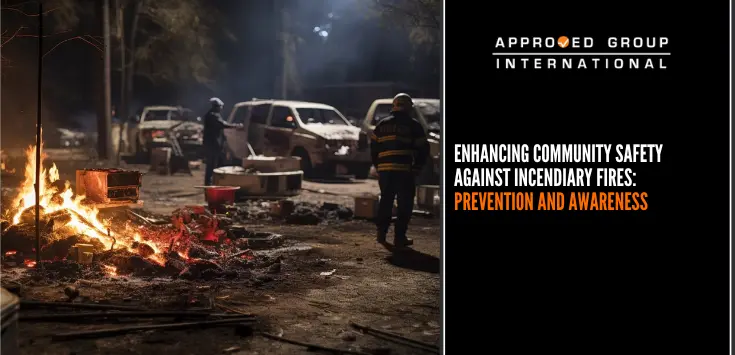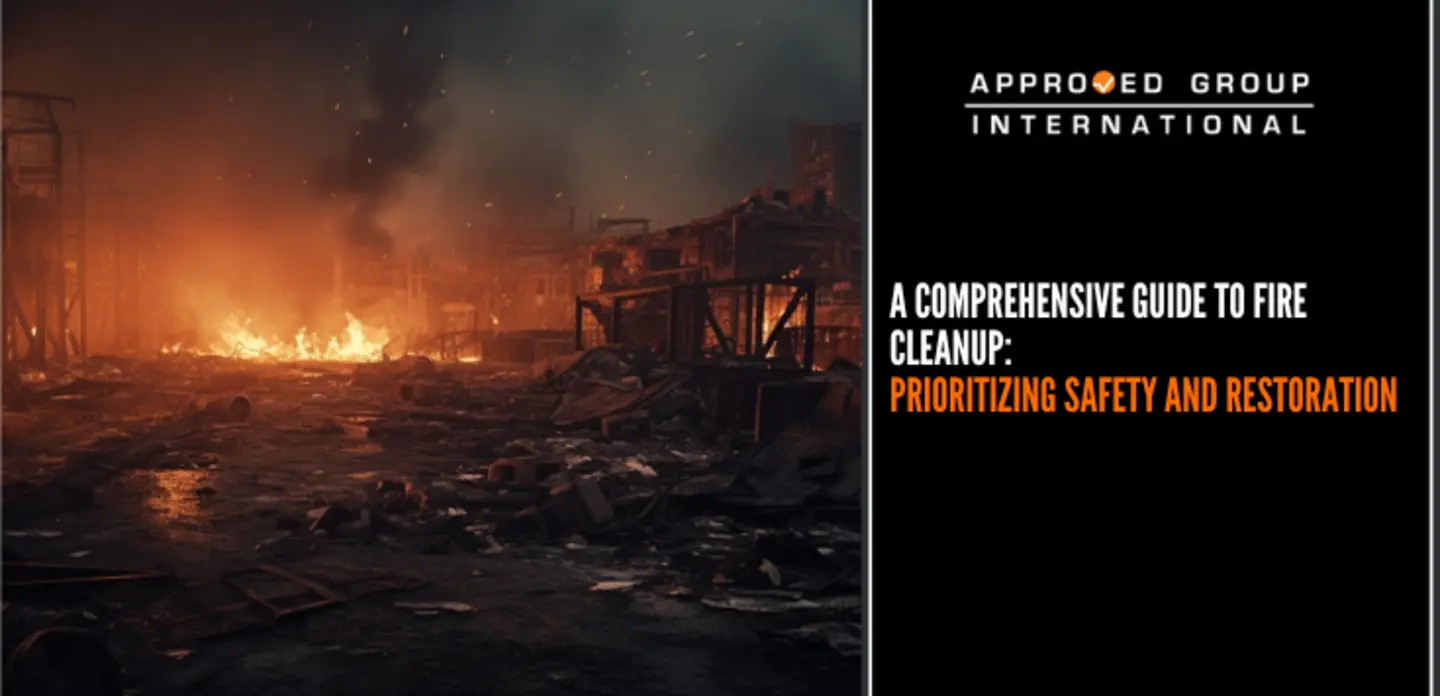In the heart of Southeast Asia, where the air whispers with humidity, a silent adversary thrives unseen. Malaysia, Singapore, Philippines, Vietnam, Thailand, India and Indonesia, with their lush landscapes and bustling cities, face a common, insidious foe: mold. This isn’t merely about unsightly spots on walls or an unpleasant odor; it’s a battle for health, safety, and the very integrity of our buildings. From the corridors of hospitals to the production lines of factories, and the sacred quiet of places of worship, mold makes no distinctions. But what makes mold remediation not just necessary but critical in such esteemed places as 5-star hotels, clinics, and religious buildings?
The Stealthy Peril: Mold’s Far-Reaching Impact
The issue of mold in Singapore and its neighbors is far from superficial. It’s a health hazard that, left unchecked, can lead to a spectrum of ailments from mild allergies to severe respiratory conditions. Imagine a guest in a luxury hotel or a patient in a hospital—places where comfort and safety are paramount—only to find their health compromised by an unseen threat. The reputation of these establishments, built on trust and excellence, can be irreparably damaged by the presence of mold.

The Humid Climate Conundrum
Why is mold such a pervasive problem in Singapore, Malaysia, and Indonesia? The answer lies in the very air we breathe. The high humidity, a constant companion in these regions, acts as a catalyst for mold growth. It’s not just about cleaning up what’s visible; it’s about addressing the root cause—moisture. Whether it’s a sprawling hospital complex, a towering high-rise, or a historic mosque, each requires a tailored approach to mold remediation to protect its structure and occupants.

Navigating the Mold Maze: The Need for Expertise
Addressing mold is not a task for the faint-hearted or the untrained. It requires a deep understanding of both the problem and its solutions. Professional mold remediation services bring to the table sophisticated techniques for identifying, removing, and preventing mold. They understand that it’s not just about eradicating mold but ensuring it doesn’t return, safeguarding the health of a building’s occupants and its structural integrity.

Your Mold Questions, Answered
How do I know if there’s a mold problem?
Visible mold, a musty smell, or water damage are tell-tale signs. Regular inspections can catch problems early.
Why is mold a health risk?
Mold spores can trigger a range of health issues, particularly in those with weakened immune systems.
Can mold destroy a building?
Absolutely. Over time, mold can degrade various building materials, threatening the building’s safety.
What should I do if I find mold?
Reach out to a professional mold remediation service without delay to assess and tackle the issue effectively.
Engage with the Mold-Masters
Facing mold challenges in Singapore, Malaysia or Indonesia? Or perhaps you’re seeking expert consultation? Dive into our website to explore the profiles of our Indoor Air Quality team or reach out directly for a conversation.
At Approved Group International, we’re not just about solving problems; we’re about creating healthier, safer environments. Let us help you turn your mold concerns into a thing of the past, ensuring your space remains pristine, safe, and welcoming.


